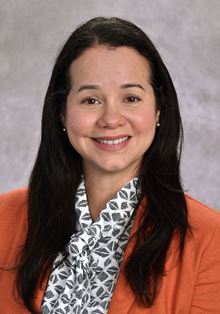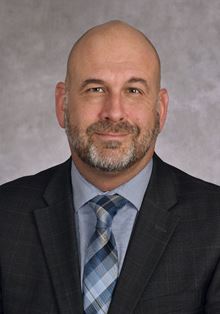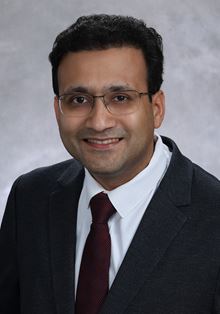1671-1680 of 2477 Results Found

Condition
Uniparental Disomy: Prader-Willi Syndrome and Angelman Syndrome What is uniparental disomy? Chromosome pairs affect how our body works. Normally, a baby gets 1 copy of each chromosome pair from each parent. This means 1 copy from the genetic mother, and the other copy from the
Condition
Health Risks of Not Being Physically Active Not being physically active is a risk factor for health problems. If you aren't physically active, you are at higher risk for: Cardiovascular disease High blood pressure Type 2 diabetes Anxiety and depression Some kinds of cancer Facts
Condition
Allergens: Pollen What is pollen? Pollen is the tiny egg-shaped male cells of plants, including trees, grasses, and weeds. Pollen is microscopic in size. It is the most common cause of hay fever (seasonal allergic rhinitis). Which plants produce pollen that cause allergic
Condition
Creating an Exercise Program How to create an exercise program Exercise is vital for your health. It can improve your overall sense of well-being. Even low-to-moderate intensity activities for 30 minutes a day can help. These can include: Walking Climbing stairs Gardening Yard

Condition
Alcohol and Pregnancy The risks involved with alcohol use during pregnancy Drinking alcohol while pregnant is a leading cause of birth defects in a baby. Everything a pregnant person drinks also goes to the baby. Alcohol is broken down more slowly in the baby's developing body

Condition
Signs of Respiratory Distress Learning the signs of respiratory distress People who have trouble breathing often show signs that they are having to work harder to breathe or are not getting enough oxygen. This means that they are in respiratory distress. Below is a list of some
Condition
Anatomy of a Newborn Baby's Skull The skull may seem to be one large bone, but it's made of several major bones that are connected together. The major bones that compose the skull include: 2 frontal bones 2 parietal bones 1 occipital bone These bony plates cover the brain, and
